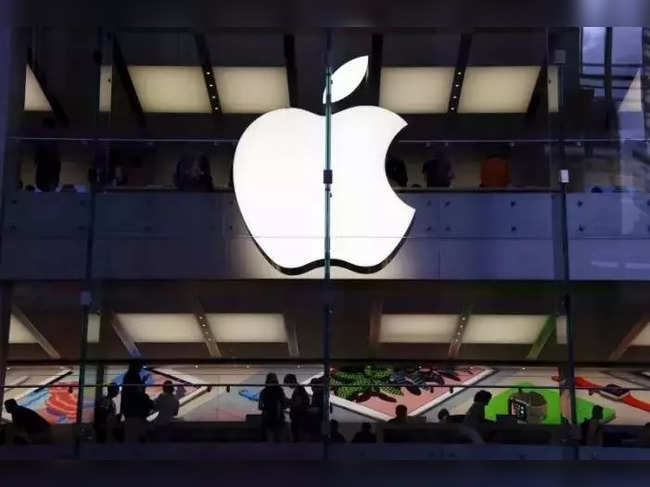Hold onto your hats, folks, because Meta just dropped a bombshell. The social media behemoth is openly accusing the European Union of intentionally hamstringing American businesses and, frankly, pushing for a lower standard of service for its users. Let that sink in. This isn’t just about regulatory differences; it’s about a deliberate attempt to alter the very fabric of how tech companies operate.

Photo source:www.digitalinclusion.org
Meta alleges the EU’s aggressive regulatory push – particularly concerning data privacy and digital markets – is so restrictive it’s forcing them to fundamentally change their business model. They’re essentially arguing that complying with EU rules means delivering a noticeably worse experience for European users. Ouch!
Now, let’s break down why this matters – and why it’s bigger than just Meta. The EU is increasingly assertive in its bid for ‘digital sovereignty’ – meaning it wants to control its own digital destiny. Sounds noble, right? But at what cost?
Here’s a quick primer into the underlying concepts:
Digital sovereignty is the concept of a nation or region having independent technological control. It pushes for localized data storage and processing.
Regulatory divergence, where regulations significantly differ between regions, creates high compliance costs for businesses. This can stifle innovation and competition.
The debate centers on balancing data privacy, fair competition, and the free flow of information. It’s a thorny issue with no easy solutions.
Furthermore, the EU’s Digital Markets Act (DMA), intended to curb the power of ‘gatekeeper’ platforms, is a major focal point. Meta argues the DMA’s requirements are impossible to meet without impacting service quality. They aren’t simply crying wolf; their functionalities, like targeted advertising which fuels much of its ‘free’ service, are heavily impacted.
The real kicker? This isn’t just about Facebook and Instagram. If the EU successfully pushes through these policies, it could set a dangerous precedent for other regions, potentially fragmenting the internet and ushering in an era of digital Balkanization. We could see a future where your experience online varies wildly depending on where you happen to live. Buckle up; this fight is just beginning. This is a critical moment for the future of the global digital landscape.






